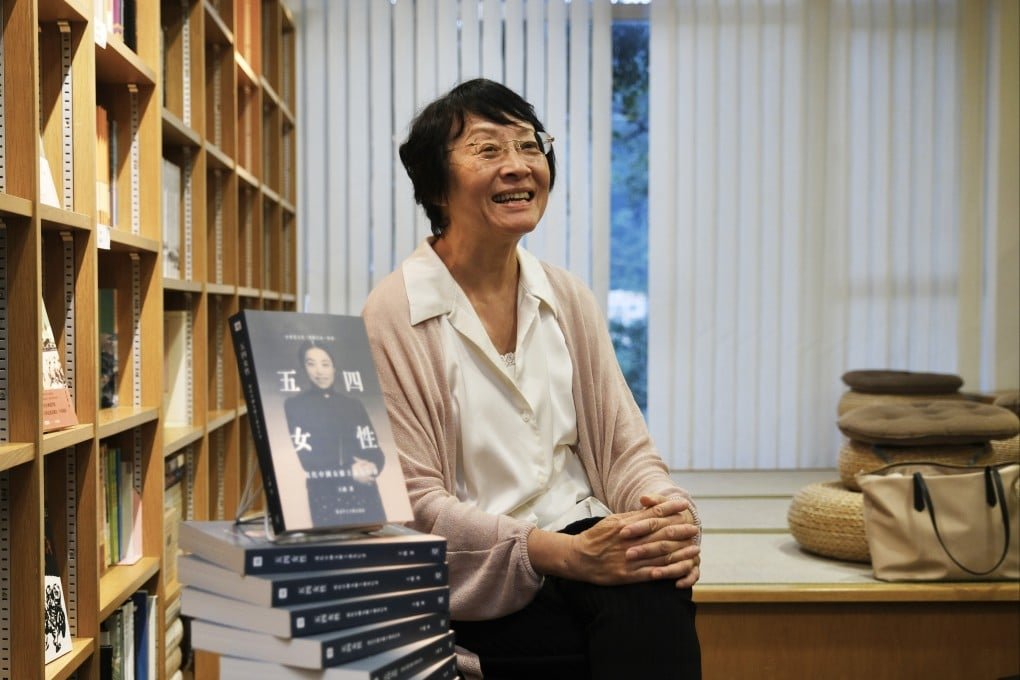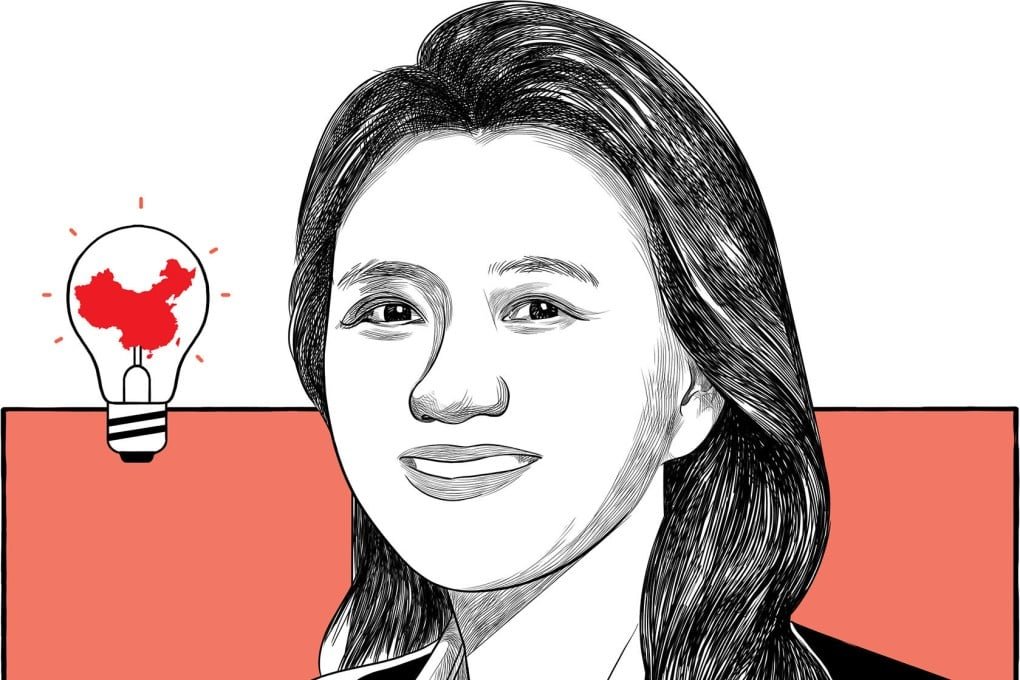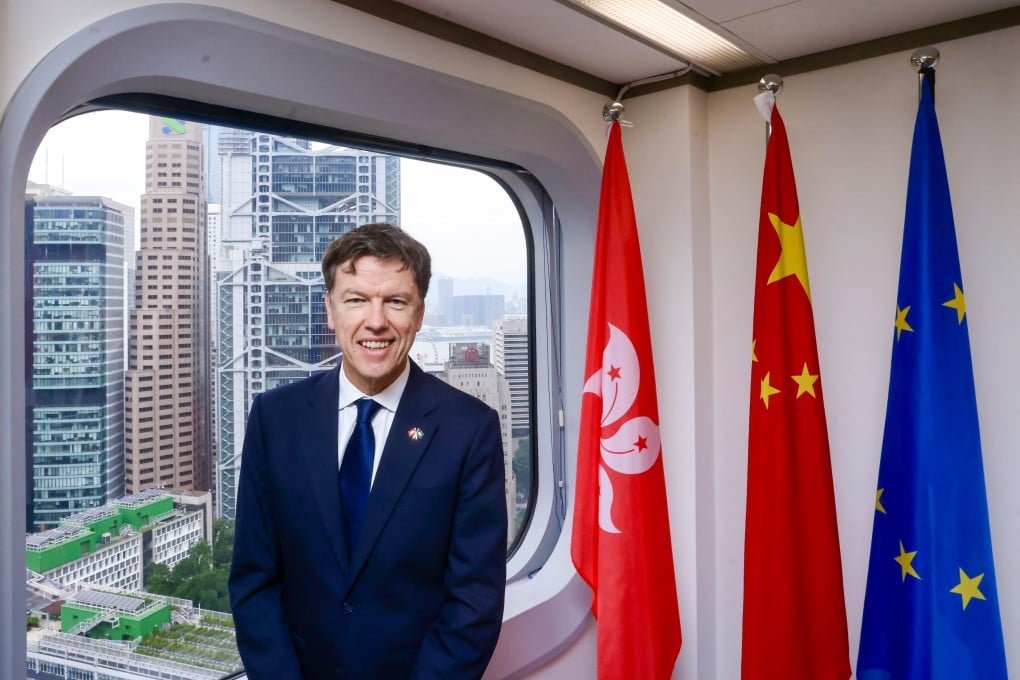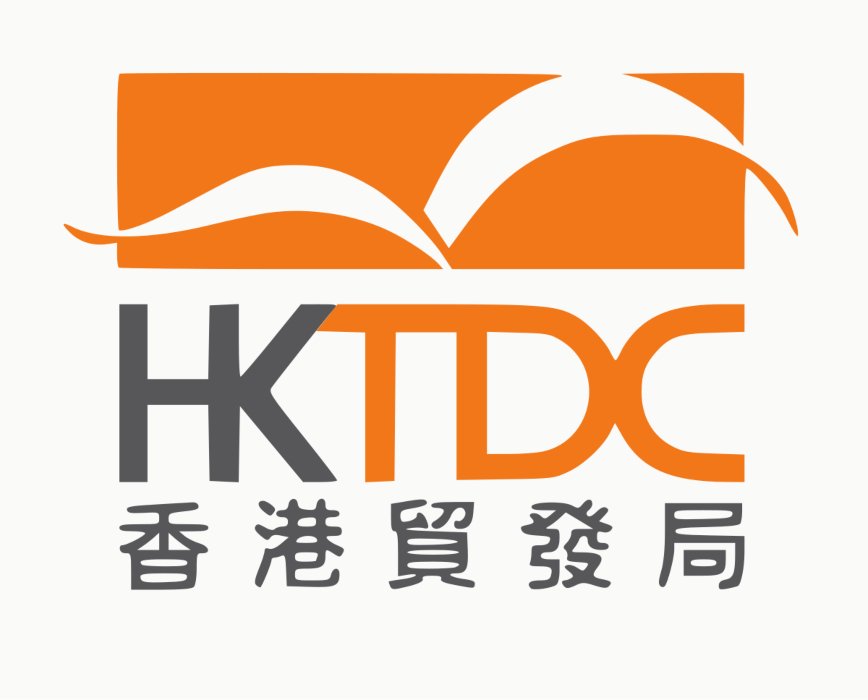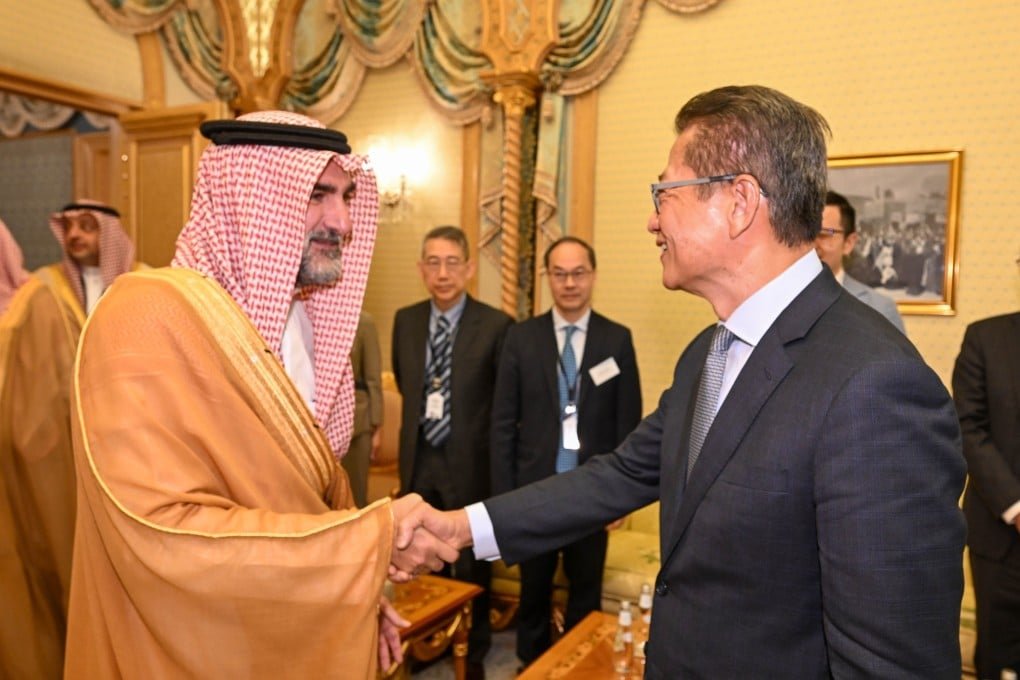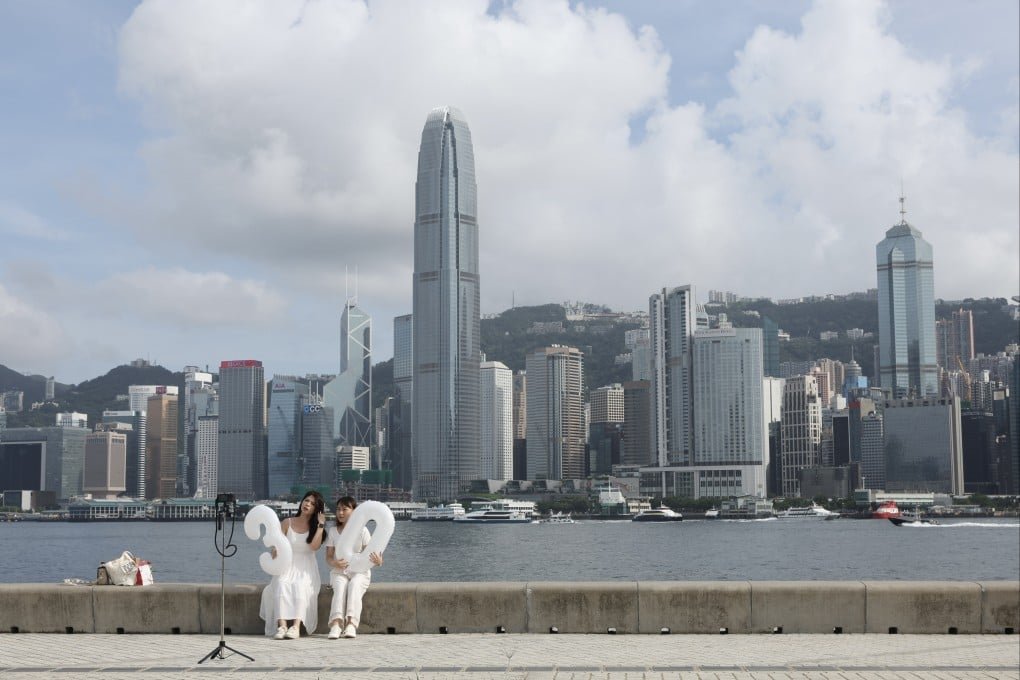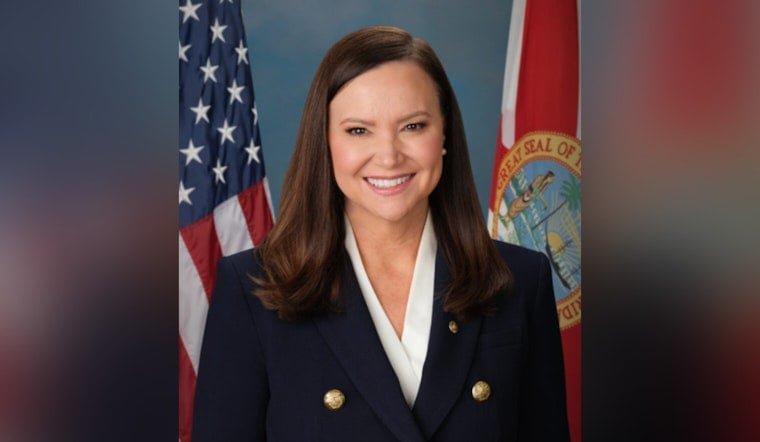Under the so-called “Compact for Academic Excellence in Higher Education” introduced by the administration of Donald Trump, American institutions would commit to ideological and institutional reforms in exchange for privileged federal funding access.
Proposals include limits on international undergraduate enrolment, mandatory standardised testing, and a freeze on tuition for five years for participating institutions.
While the compact was initially extended to nine major U.S. universities, subsequent data indicates most have declined to endorse it.
For students from Hong Kong and other international markets, this development alters the calculus of choosing the United States for tertiary study.
Institutions may increasingly emphasise domestic regulatory alignment and funding priorities over international recruitment.
In parallel, U.S. visa rules now face more restrictions: students may encounter fixed enrollment terms, tighter social-media screening, expanded fees and policy changes designed to curb enrolment from specific nationalities — particularly Chinese students in science and technology fields.
The strategy reflects a broader erosion of the open U.S. higher-education model, as tuition-dependant universities confront federal leverage over admissions, faculty hiring, curriculum design and international-student quotas.
Hong Kong students, who once viewed U.S. campuses as global launchpads, must now factor in shifting policy landscapes and institutional stability.
Meanwhile, the push for diversification of study destinations is gaining traction.
Countries in Asia, Europe and the Pacific are stepping up recruitment efforts, offering more predictable visa regimes and growing international student services.
For Hong Kong’s student community, this presents an opportunity to evaluate new pathways where academic quality is complemented by institutional autonomy, visa reliability and meaningful post-graduation support.
Ultimately, the decision to study abroad might hinge less on institutional prestige and more on how well universities adapt to evolving geopolitical and regulatory realities.

